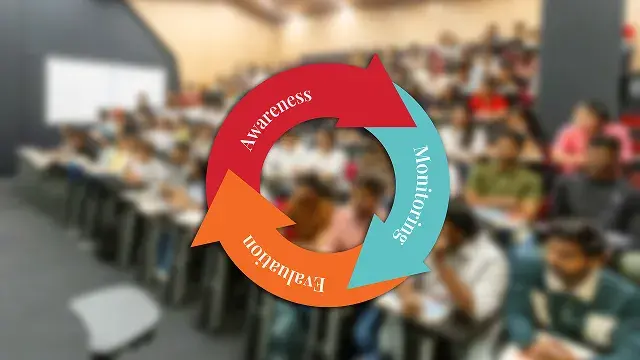
Mon, Mar 31 2025
MIT Researchers Develop Innovative Framework to Combat Contract Cheating
In a significant stride toward upholding academic integrity, researchers from the Melbourne Institute of Technology (MIT) have introduced a pioneering Three-Tier Framework (TTF) aimed at addressing and preventing contract cheating in higher education. Detailed in their recent publication, "Building Academic Integrity: Evaluating the Effectiveness of a New Framework to Address and Prevent Contract Cheating," the study underscores the escalating challenge posed by contract cheating and the necessity for comprehensive strategies to counteract it. MDPI
Contract cheating, wherein students outsource their assignments to third parties, undermines the foundational principles of education. The MIT research team, comprising Deepani B. Guruge, Rajan Kadel, Samar Shailendra, and Aakanksha Sharma, emphasizes that "current approaches to managing contract cheating often lack the comprehensive structure needed to address the complexities of modern cheating methods." MDPI
The proposed TTF is structured around three pivotal tiers: awareness, monitoring, and evaluation. This design actively involves all stakeholders, fostering a proactive and collaborative stance against contract cheating while reinforcing a culture of academic honesty. The framework's evaluation concentrated on three key aspects:MDPI
- Clarity of Functions and Objectives: Ensuring that the framework's goals and operations are transparent and comprehensible to all involved parties.
- Challenges in Implementation: Identifying potential obstacles in executing the monitoring processes inherent in the framework. MDPI
- Limitations in Detection and Mitigation: Assessing the framework's efficacy in identifying and addressing instances of contract cheating. MDPI
Survey findings revealed a strong consensus among respondents, who expressed confidence in the framework's clarity and effectiveness. The study notes, "These positive perceptions were consistent across respondents, regardless of their prior experience or familiarity with contract cheating." MDPI
However, the research also highlighted concerns regarding the practical implementation of the TTF within current educational settings. Challenges such as tight timelines and increased workloads were cited, emphasizing the need for additional guidance, training, and institutional support to ensure effective adoption. To address these issues, the framework incorporates an instructor dashboard designed to streamline academic workflows and simplify the monitoring process. MDPI
The study concludes that while the TTF shows promise in combating contract cheating, further research is necessary to explore its applicability across diverse educational environments. The authors assert, "The survey results confirm that the framework can be adopted to address the unique needs of academics and diverse educational environments; however, further research is needed to explore its applicability across the broader higher education community." MDPI
This initiative by MIT researchers represents a proactive approach to preserving academic integrity, offering a structured and collaborative method to tackle the multifaceted issue of contract cheating in higher education.
Reference: Guruge, D. B., Kadel, R., Shailendra, S., & Sharma, A. (2025). Building Academic Integrity: Evaluating the Effectiveness of a New Framework to Address and Prevent Contract Cheating. Societies, 15(1), 11. https://doi.org/10.3390/soc15010011
Building Academic Integrity: Evaluating the Effectiveness of a New Framework to Address and Prevent Contract Cheating
Authors:



